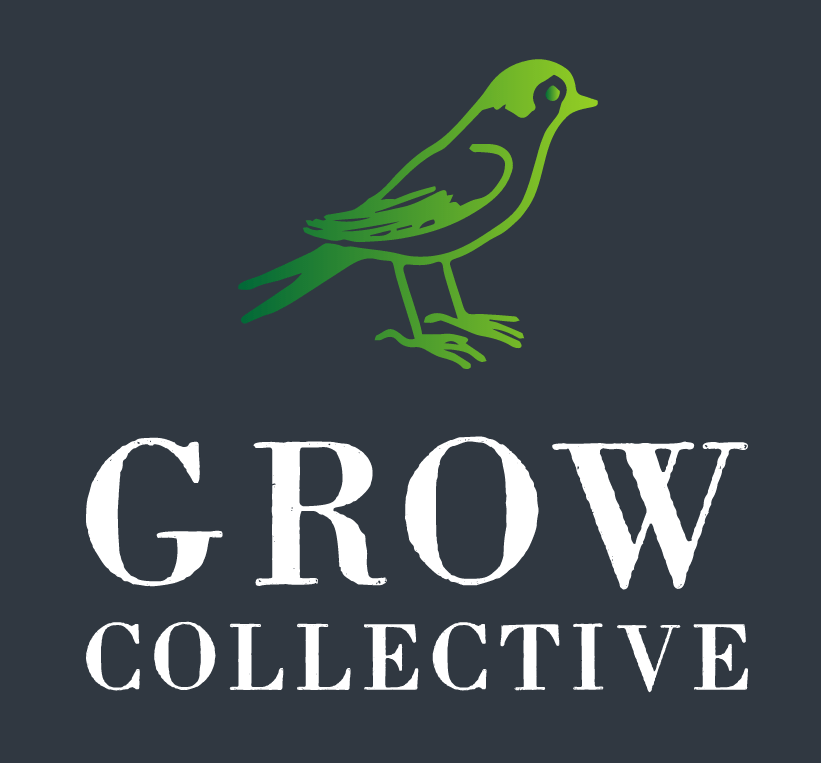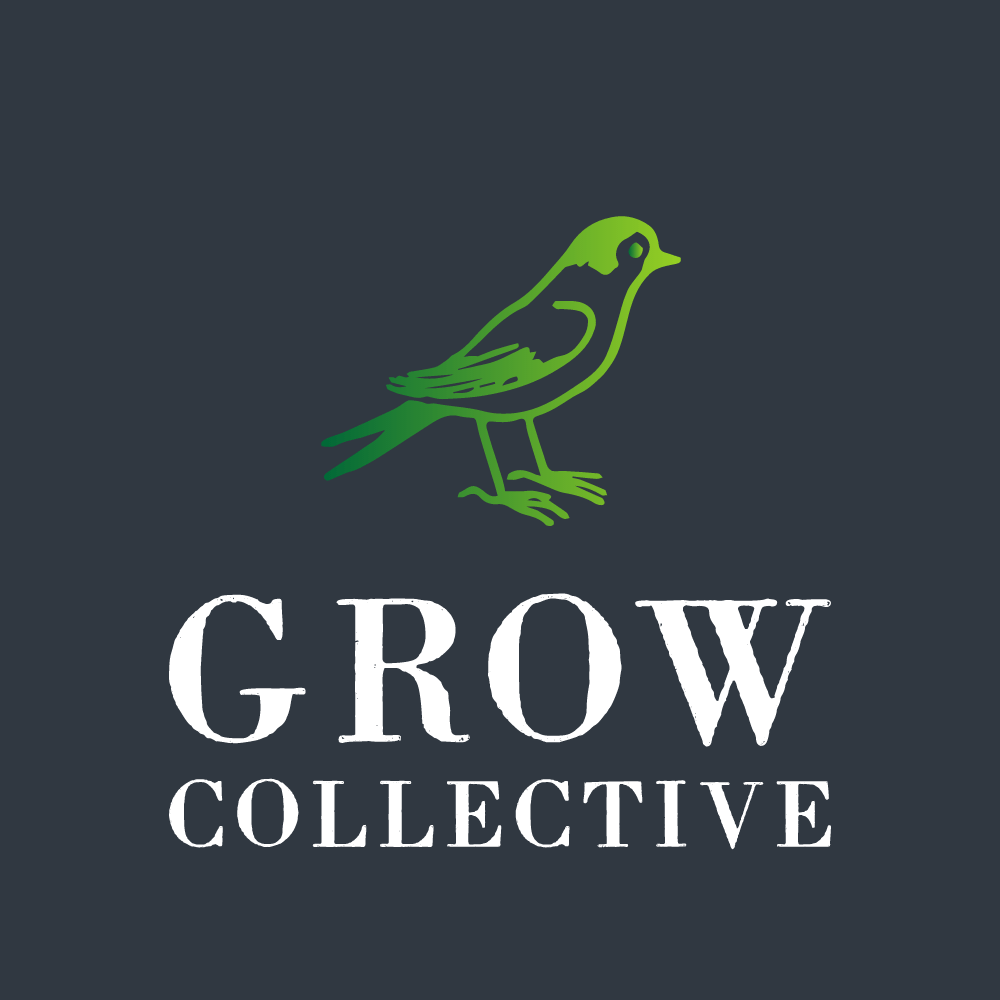Address
Our specialties
OUR EXPERIENCED THERAPISTS FOCUS ON YOU, THE INDIVIDUAL.
Below is a list of common therapeutic issues we work with at GROW. While your therapist will bring a great deal of expertise on these issues into treatment, you’ll find our real focus is you. You may fit one of these categories, or you may not. We will be sensitive to your unique needs while bringing specialized knowledge and training in these treatment areas. Some therapists will be more experienced in certain areas than others so let us know what you are looking for and we’ll help you find the right fit.
- Academic struggles
- ADD/ADHD
- Addiction
- Adjustment disorders
- Anger management
- Anxiety disorders
- Generalized anxiety
- OCD
- Separation anxiety
- Panic attacks
- Phobias
- Social anxieties
- Assertiveness
- Attachment
- Behavioral management strategies
- Bipolar disorder I & II
- Depression
- Developmental delays
- Divorce recovery
- Grief and loss
- Issues of spirituality and faith
- Women’s issues
- Men’s issues
- Life transitions
- Oppositional/defiant disorder
- Parenting struggles
- Marital conflict
- Personal exploration and growth
- Personality disorders
- Relational stress
- Self-harm
- Social skills deficits
- Trauma
- Eating Disorders
- Grief and loss
Anxiety
Stress is part of the human experience. However, anxiety can be crippling, painful and overwhelming. While anxiety ranges in intensity and severity, there are some common characteristics:
- Excessive worrying
- Intrusive thinking
- Fears and phobias
- Difficulty falling and/or staying asleep
- Irritability
- Feeling out of control
- Restlessness or feeling “on edge”
- Difficulty concentrating
- Muscle tension and headaches
- Compulsive behavior with the goal to reduce stress
Although there are commonalities, anxiety may expose itself in different ways. Social Phobias, PTSD (Post Traumatic Stress Disorder), OCD (Obsessive Compulsive Disorder) and Panic Attacks are a few specific examples of anxiety disruptions and mental health disorders.
Suffering from anxiety can be debilitating and it may feel like there is no escape. However, anxiety is highly treatable. We have many trained therapists who work directly with anxiety and anxiety disorders.
Depression
Depression is a common, serious illness and not at all a personal weakness. Depression can happen to anyone, at any age.
Warning signs of depression:
- Fatigue/Low energy
- Lack of interest and pleasure in activities
- Periods of tearfulness
- Feeling empty
- Significant changes in weight
- Thoughts of worthlessness
- Excessive feelings of guilt
- Recurrent thoughts of death
- Sleep disturbances
- Indecisiveness, difficulty concentrating
Depression can be decreased or alleviated with supportive therapy from a trained counselor at GROW. If you suffer from a low mood or any of the symptoms listed above, please
contact us.
Depression
Depression is a common, serious illness and not at all a personal weakness. Depression can happen to anyone, at any age.
Warning signs of depression:
- Fatigue/Low energy
- Lack of interest and pleasure in activities
- Periods of tearfulness
- Feeling empty
- Significant changes in weight
- Thoughts of worthlessness
- Excessive feelings of guilt
- Recurrent thoughts of death
- Sleep disturbances
- Indecisiveness, difficulty concentrating
Depression can be decreased or alleviated with supportive therapy from a trained counselor at GROW. If you suffer from a low mood or any of the symptoms listed above, please
contact us.
Marriage/Couples Therapy
How do you know when it’s time to consider going to marriage or couples counseling? This is a very common question. It can be difficult to identify the difference between a “rough patch” and crisis time for your relationship. Although every couple is different, there may be a few key factors to help you decide if now is the time for your relationship to seek some support.
Couples counseling may be appropriate if within the relationship:
- You feel afraid to bring up concerns
- You increasingly withdraw or disengage from your partner
- There is a significant change in your sex lives
- You increasingly argue with little resolution
- The conflict is viewed as the opposite partner’s problem
- When affairs are contemplated or infidelity has occurred
It is significant to note that you don’t need to be at a crisis point in your relationship to seek counseling. Many couples desire the opportunity to deepen their relationship, intimacy and understanding of one another in a constructive environment.
If you are at a crisis point in your relationship, or are interested in improving your connection and preventing pitfalls, please contact us to learn more about couples treatment. We utilize a specific, Attachment-based, theoretical model at GROW called Emotionally Focused Therapy. EFT is non-pathologizing and focuses on healing and strengthening the bond between partners. It is, in many ways, the heart of what we are all about here at GROW.
Grief & loss
Experiencing loss is universal, but how we each deal with it is unique. Anger. Fear. Sadness. Denial. Loneliness. These are just some of the intense emotions that may accompany an experience of loss. Grief is your response to loss during or after a traumatic event or disaster. Grief may occur following a loss of life, as well as with intense changes in your lifestyle and routines that typically provide feelings of stability and comfort.
Additionally, COVID and experiencing a pandemic has led to unforeseen stressors creating a shared trauma of loss for individuals and families. Whichever your circumstances, your grief may be complicated, with mixed emotions and confusing thoughts. It may feel encompassing and inescapable.
Our compassionate and understanding therapists at GROW can help join you in this period of considerable life change, giving you a safe place to grieve and honor your losses. There can be relief, and Grow therapists are ready to provide the caring space you may need to move forward.
Grief & loss
Experiencing loss is universal, but how we each deal with it is unique. Anger. Fear. Sadness. Denial. Loneliness. These are just some of the intense emotions that may accompany an experience of loss. Grief is your response to loss during or after a traumatic event or disaster. Grief may occur following a loss of life, as well as with intense changes in your lifestyle and routines that typically provide feelings of stability and comfort.
Additionally, COVID and experiencing a pandemic has led to unforeseen stressors creating a shared trauma of loss for individuals and families. Whichever your circumstances, your grief may be complicated, with mixed emotions and confusing thoughts. It may feel encompassing and inescapable.
Our compassionate and understanding therapists at GROW can help join you in this period of considerable life change, giving you a safe place to grieve and honor your losses. There can be relief, and Grow therapists are ready to provide the caring space you may need to move forward.
Trauma
Trauma, and related fear and helplessness, can be disorientating to the self and loved ones. Whether it’s complex chronic trauma from childhood, or a single life threatening incident in adulthood, trauma has devastating effects on the body’s regulating system and safety in relationships. Post-traumatic stress disorder (PTSD) is the diagnosis associated with trauma symptoms, which includes experiencing or witnessing an event to involved actual or threatened death or serious injury, or a threat to the physical integrity of self or others. At GROW, we are committed to utilizing treatment approaches focused on trauma integration, such as EMDR, Internal Family Systems, or AEDP, for overall internal cohesion and self-compassion. At GROW, we are focused on helping you heal.
LGBTQIA+
One of the core values at Grow is create and cultivate an inclusive environment for all people seeking support. This promise is proven when providing the best affirming treatment and advocacy for our LGBTQIA+ community. Grow therapists specialize in the unique care required for clients navigating concerns of sexuality and/or gender. We know that life is already complex and LGBTQIA+ persons are subject to additional stressors. A range of therapy services are offered to individuals, couples, and families exploring this identity work. Our therapists also provide expert parental support to help parents and caregivers develop tools necessary to be their child’s best ally and advocate. This important attachment work will aid in maintaining a positive familial relationship. No matter where you fall on the continuum, Grow therapists are ready to meet you in your authenticity.
Men's issues
In our experience, men face uniquely challenging issues as they confront complex and often conflicting cultural messages about masculinity.
Depression and Anxiety disorders often go untreated as they seek to define their identity and fulfill roles in relationships, communities, and society.
However, men are far less likely to seek treatment than their female counterparts. Here at Grow, we consider it a privilege to work with men who are brave enough to reach for help and embark on a journey of wholeness and healing.
Women's issues
Women’s life journeys can carry unique challenges. At GROW, we have clinicians that are dedicated to supporting the journey of women. If you are struggling with any of the following, you may consider using therapy as a tool for growing and healing:
- Infertility
- Pregnancy loss
- Difficult pregnancy
- Traumatic birth
- Anxiety about giving birth and motherhood
- Postpartum relational struggles
- Merging identities of a professional and a mother
- Postpartum depression
- Post-abortion recovery
- Negative self-image and self-doubt
- Body image
Contact us
To learn more or make an appointment, please contact us today.
We will get back to you as soon as possible
Please try again later
Business Hours
- Mon - Fri
- -
- Sat - Sun
- Closed
Address
Glen Ellyn Office
460 N Main St UNIT 205
Glen Ellyn, IL 60137
Oak Park Office
5940 W Midway Park
Chicago, IL 60644

